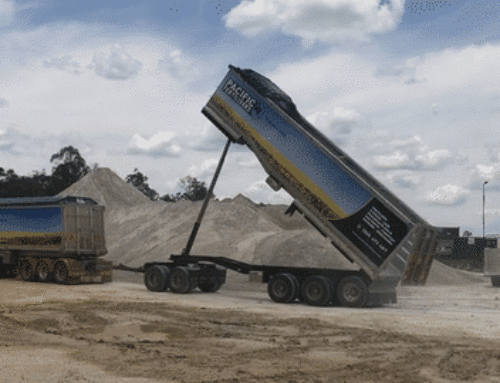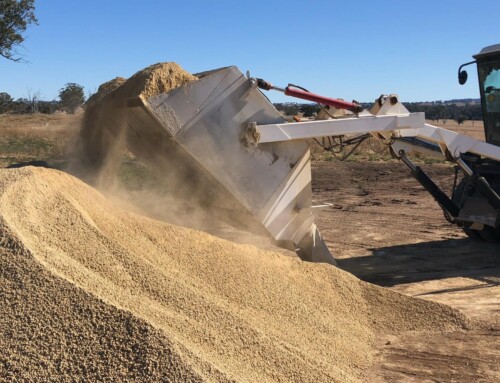One-half the world’s agricultural soils are estimated to be deficient in zinc, leading to decreased crop production and nutritional value. As part of a balanced soil nutrient approach, adding zinc to soils can increase crop production as well as nutritional status of those crops for consumption.
Zinc plays a vital role in a plant’s ability to use nitrogen, and transform it into yield and protein. The availability of zinc to many crops is increased by the presence of mycorrhiza (VAM) in the soil. Zinc can be applied directly to the soil (zinc sulfate monohydrate), as a component of a starter fertiliser, as a foliar spray (zinc sulfate heptahydrate) or as a seed dressing.
Forms of zinc available for agriculture are:
- Zinc Sulphate Hepta granules/powder – used in fertiliser blends adding both Zn & S
- Zinc Sulphate Mono granules/powder – used in fertiliser blends adding both Zn & S
Zinc Mono and Zinc Heptahydrate have the same active components Zinc Sulfate but they differ on the number of water of hydration. Zinc Sulfate Mono has one molecule of water in its molecular formula while Zinc Sulfate Hepta contains seven (7) molecules of water in its molecular formula. As a result, Zinc Sulfate Monohydrate contains higher active component of Zinc which is about 35 – 36% as Zn while Zinc Sulfate Heptahydrate contains about 20 – 22% as Zinc.
However, because of the difference in the number of water of hydration, Zinc Sulfate Heptahydrate is less stable than Zinc Sulfate Monohydrate because of its ability to absorb water is greater than Monohydrate. The consequence is that when we use Zinc Sulfate Heptahydrate, the probability that it has absorbed more water is higher because of its storage time, hence, leading to a lower Zinc content than the original Zinc content/analysis.
So the use of Zinc Mono we are always assured that we are applying the correct amount of zinc.









